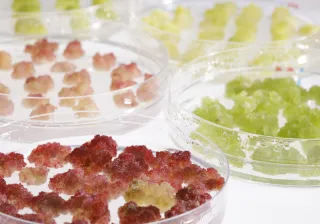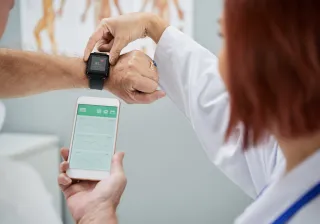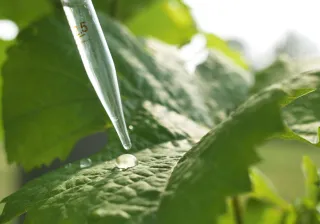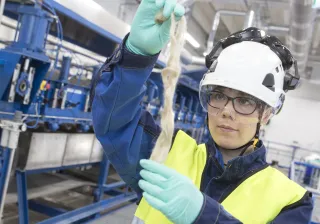InnCoCells – Innovative high-value cosmetic products from plants and plant cells – is a four-year collaborative research project that aims to revolutionize the way cosmetic ingredients are discovered, manufactured and developed into validated cosmetic products.
For the next four years, 17 partners representing 11 countries in Europe will be working together to develop sustainable production systems for plant-derived cosmetic ingredients. The research is funded by the European Commission with a budget of €7.9 million and is coordinated by the VTT (Technical Research Centre of Finland Ltd).
The project is exploring a stakeholder-led approach to ensure that new cosmetic ingredients are suitable for the market and appeal to today’s increasingly quality-conscious and environmentally aware consumers.
“The main goal of the project is to develop sustainable natural cosmetic ingredients from plants using innovative production processes based on plant cell cultures and plants grown in the greenhouse, field or aeroponic facilities, as well as agricultural waste streams. Plants that are currently in danger of overharvesting will be cultivated in a sustainable and cost-effective manner to ensure that the new ingredients pose no risk to biodiversity or environmental health,” says Dr Kirsi-Marja Oksman, the coordinator of the project from the VTT.
One of the fundamental principles of the InnCoCells approach is to extensively validate the biological activity of all the ingredients developed in the project, thanks to the participation of partners with a wide range of cell-based assays. Plant extracts and natural products with the most promising activities and environmentally friendly production processes will be advanced to testing in human volunteers. This means that none of the products will be tested on animals, nor will they contain any animal ingredients.
From research to new cosmetic products
By the end of the project, the InnCoCells researchers hope to have addressed seven key objectives. First, they will screen a range of plant species to find at least 10 with relevant metabolic pathways (being careful to observe access and benefit sharing rules). Second, they will develop an evaluation pipeline to effectively test the plants for bioactive natural products, aiming to verify the activity of at least 50 ingredients. Third, at least 20 of these will lead to optimized production processes in cell cultures or whole plants, the latter grown in the greenhouse, field or aeroponic facilities. Fourth, additional processes will be developed from at least 10 agricultural waste streams, using a cascade approach to produce multiple extracts from the same source to maximize value. The fifth and sixth objectives involve the development of sustainable pilot-scale production and purification technologies for at least 10 active ingredients, and the assembly of product safety and regulatory dossiers as well as environmental assessments. Finally, the knowledge generated in the project will be shared with cosmetics industry stakeholders and end-users, to help to commercialize the ingredients and develop products that will satisfy consumer demands.
In addition to VTT, the project involves 16 other partners representing a mix of academic institutes (universities and research organizations) and SMEs, as well as one large industry partner, a non-profit organization and a sectorial organization representing the cosmetics industry.
The project has received funding from the European Union’s Horizon 2020 research and innovation programme under grant agreement no 101000373. This funding will help to bring the revolutionary InnCoCells approach in cosmetics research to the forefront of the cosmetics industry in Europe














